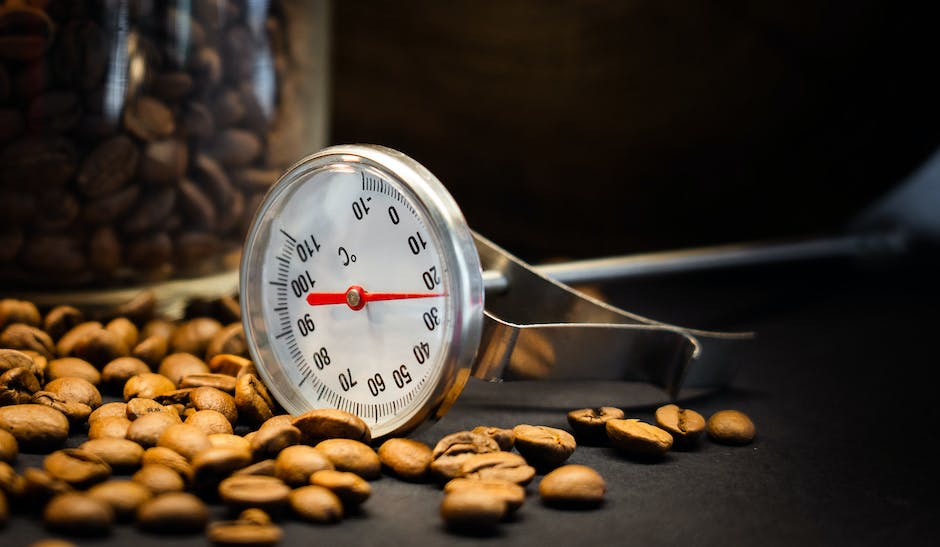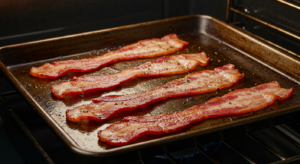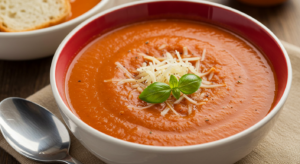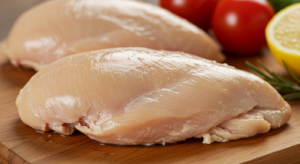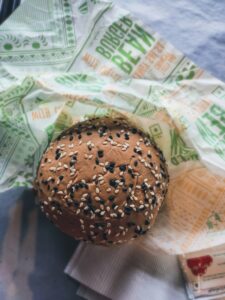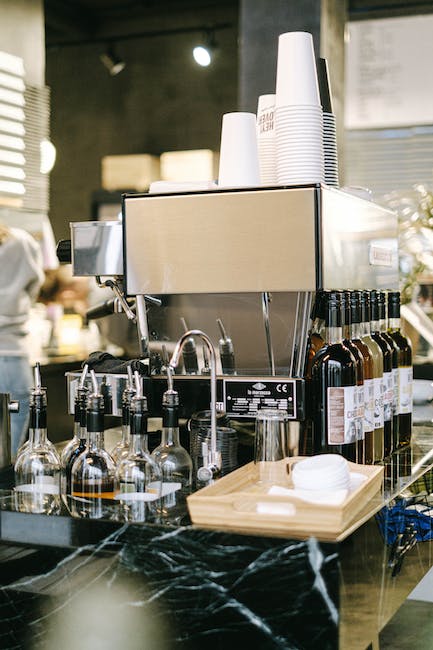
The Basics: Understanding Coffee Grounds and Brew Methods
The quest for the perfect cup of coffee begins with understanding the ratio between coffee grounds and water. In essence, the balance depends on your preferred brew method and taste. Coffee enthusiasts often use a weight-based measurement system (in grams of ground coffee) to ensure the accurate amount of coffee.
For every six ounces of water, one to two tablespoons of coffee is advisable. This also translates to about 15-30 grams. Likewise, brewing methods like French press or cold brew may require different coffee to water ratios. Remember, the golden rule is achieving personal preference, not sticking strictly to guidelines.
Coffee Grounds: Their Impact on Brew
Coffee grounds have a significant impact on the flavor of your brew. The size and consistency can affect taste and aroma. For example, a French press requires coarse coffee grinds, while an espresso demands fine grinds.
When preparing, what matters isn’t just how much coffee grounds per cup but also the quality. Freshly ground beans boost the taste of your coffee, thus enhancing your coffee experience. Ultimately, a fine-tuned balance leads to a perfect cup of coffee.
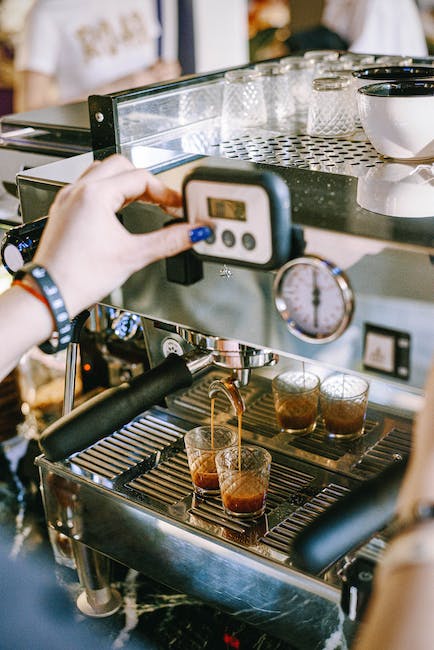
Your Guide to Understand Grams of Ground Coffee
While “rules” may vary, a good starting point is using 7-8 grams of ground coffee per 6 ounces of water. This is often deemed the golden ratio among coffee aficionados. However, the perfect coffee to water ratio could differ based on your taste preference and the coffee maker you are using.
Remember, coffee per cup isn’t solely about measurements. Different factors such as the type of beans, grind size, water temperature, and brew time also figure into the equation, inevitably shaping the flavor of your coffee.
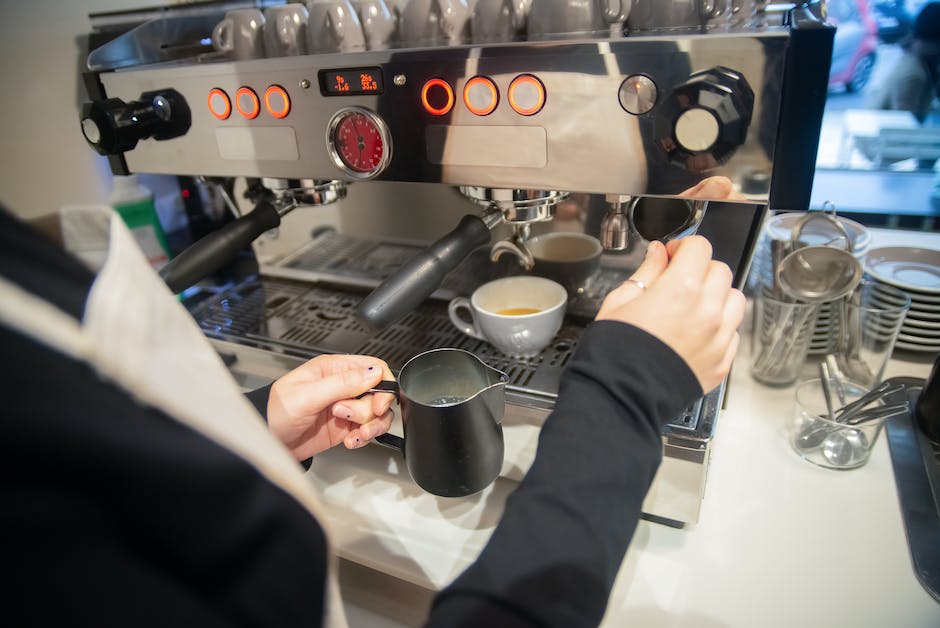
Coffee Per Cup: The Art of Measuring
Precision matters when it comes to brewing coffee. To achieve this, knowing how much coffee per cup is essential. Consistently measuring your coffee grounds by volume (i.e., tablespoons of ground coffee) or weight (i.e., grams of ground coffee) will help in creating a consistent taste.
Finding the right coffee to water ratio is crucial in setting up the foundation for a great cup of joe. Remember, coffee pots vary in size. Therefore, it’s pertinent to know the capacity of your pot for an accurate evaluation.
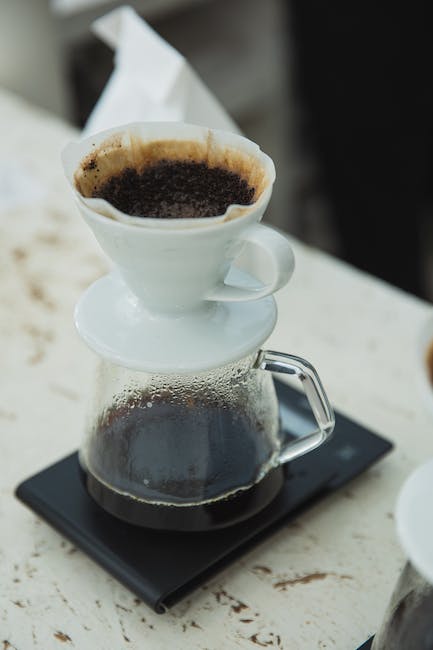
Your Brew Method and the Perfect Ratio
Your choice of brew method influences the weight and ounces of water needed drastically. For instance, a French press requires a 1:10 coffee to water ratio, while a cold brew requires a staggering 1:5.
The golden ratio changes based on your specific method and taste preference. So, don’t shy away from experimenting with your coffee per cup measurements until you hit your ultimate flavor profile.
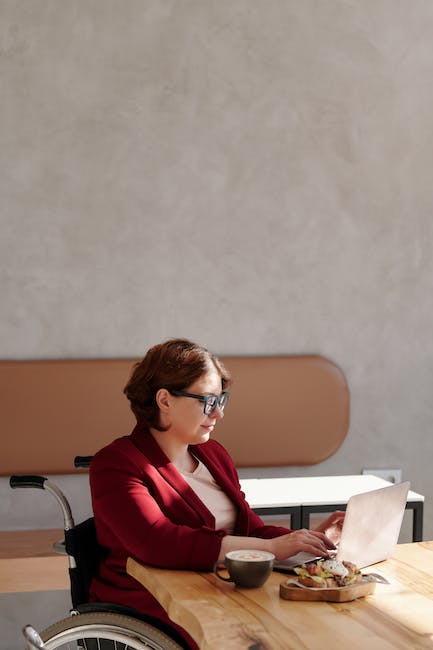
The Role of Coffee Makers in Perfect Measurements
It’s undeniable the type of coffee maker you use can affect the brew’s taste and strength. Different coffee makers require specific amounts of coffee grounds and water levels to attain the optimal taste.
Whether you use a drip coffee maker or single-serve machine, adjusting the brew method to the appliance is fundamental. Familiarizing yourself with your machine’s unique functionalities can help in delivering the perfect ratio, thereby enhancing your coffee brew.
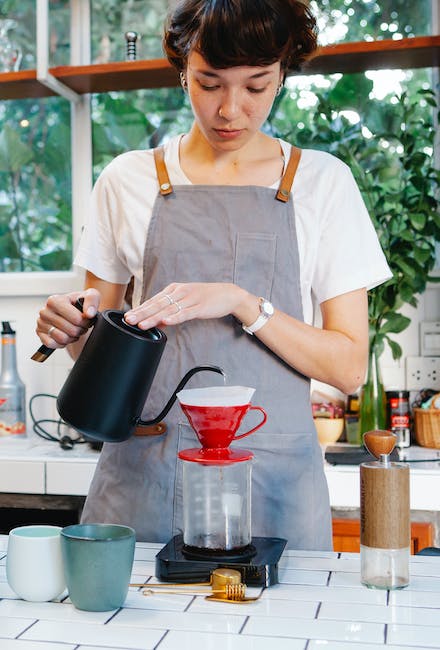
Achieving the Perfect Coffee to Water Ratio
To brew coffee that suits your taste buds, getting the coffee to water ratio right is vital. Typically, the universal golden ratio is 1:18, with one part coffee per cup and eighteen parts water. However, for stronger or weaker coffee, the proportion can lean towards coffee or water, respectively.
This fluid measurement should be the number of fluid ounces of water to the number of level tablespoons or grams of ground coffee. The ratio changes with the type of coffee, roast, grind size, and brew method, thus knowing your unique preference plays an integral part.

Why French Press and Cold Brew Ratios Matter
The French press and cold brew methods make it easy for you to manipulate the strength and flavor. For a French press, coarse coffee grinds give the best results due to the steeping nature of its process. Conversely, a cold brew requires a higher ratio (1:4) for a smoother, less acidic beverage.
These demarcated coffee to water ratios are unfastened guidelines rather than stringent rules. Experimentation is the route towards finding the perfect balance suited personally to you.

Coffee Pots, Ounces of Water, and Your Dream Cuppa
Factoring in the volume your coffee pots can handle in terms of ounces of water is necessary when determining how much coffee grounds per cup to use. Whether it’s a single cup or a 12-cup carafe, understanding the relationship between the quantity of coffee and water is crucial.
The general guideline is 1-2 tablespoons of coffee for every six ounces of water. However, this varies depending on the preferred strength. Ultimately, the goal is that desired perfect cup of coffee serving morning blissfulness or that mid-day pickup.
Q1: How much coffee grounds per cup should I use for a stronger brew?
For a stronger brew, use 2 tablespoons of coffee grounds per 6 ounces of water.
Q2: Does the size of coffee grinds matter in brewing coffee?
Yes, the size of coffee grinds significantly affects the taste and aroma of your brew.
Q3: What is the golden ratio in coffee brewing?
The typical golden ratio is one part coffee to 18 parts water.
Q4: How does the brew method impact the coffee taste?
Different brew methods can greatly affect the taste and strength of the coffee.
Q5: How does the coffee maker affect coffee brewing?
The type of coffee maker used can influence the coffee’s flavor due to the specific requirements and functionalities of the appliance.
Q6: How can I achieve the perfect coffee to water ratio?
By experimenting with different coffee and water measurements until you find the taste that suits your preference best.
Q7: Why is the coffee to water ratio important in french press and cold brewing?
The ratio in these methods directly influences the steeping time, which in turn, affects the coffee’s flavor and strength.
Q8: How do coffee pots affect the brewing process?
The size and capacity of your coffee pot determine the amount of coffee grounds and water you should use to achieve your desired taste.
Q9: What is the recommended amount of coffee for a 12-cup carafe?
For a 12-cup carafe, the amount of coffee grounds typically ranges from 12 to 24 tablespoons, depending on your preference.
Q10: Can I use regular coffee for cold brew?
Yes, but keep in mind that a coarser grind is preferable for cold brew to prevent over-extraction.

